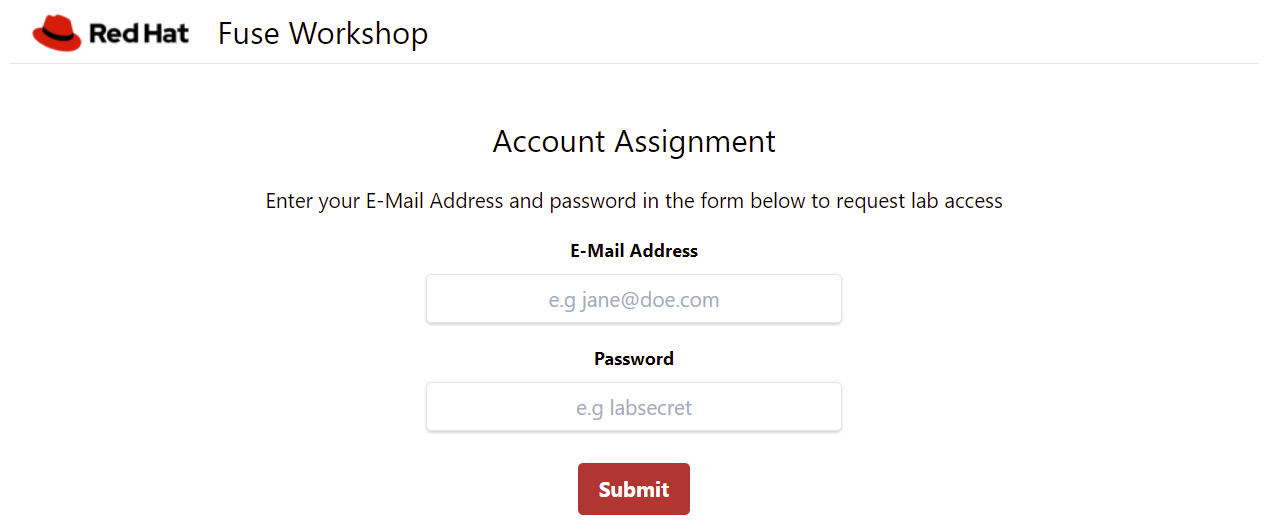Welcome to the Kafka Zero to Hero workshop using AMQ Streams. AMQ Streams is the supported version of the open-source project https://strimzi.io by Red Hat.
This is a hands-on workshop that aims to give you basic practical experience with the main components of Kafka within the Kubernetes.
Apache Kafka has become the leading platform for building real-time data pipelines. Today, Kafka is heavily used for developing event-driven applications, where it lets services communicate with each other through events. Using Kubernetes for this type of workload requires adding specialized components such as Kubernetes Operators and connectors to bridge the rest of your systems and applications to the Kafka ecosystem.
AMQ streams, a Red Hat Application Foundation component, makes Apache Kafka “OpenShift native” through the use of powerful operators that simplify the deployment, configuration, management, and use of Apache Kafka on Red Hat OpenShift.
Duration: 90 minutes with demos
Presentation Deck (Red Hat Internal Only)
-
Event Driven Architecture
-
Kafka
-
Kafka Brokers
-
Kafka High Availability
-
Kafka Leaders / Replicas
-
Kafka Mirror Maker
-
Kafka Store
-
Kafka Security
-
Kafka Connect vs Camel
-
Kafka on Kubernetes (Strimzi)
Support material for this phase: Red Hat Developers x`x`- Kafka 101.
| Parameter | Example Value | Definition |
|---|---|---|
tkn |
sha256~vFanQbthlPKfsaldJT3bdLXIyEkd7ypO_XPygY1DNtQ |
Access token for a user with cluster-admin privileges. |
server |
The cluster’s OpenShift API URL |
|
num_users |
8 |
Number of users attending the workshop. Have in mind that the more users you have, more resources you are going to need from the cluster. |
delete_workshop |
false |
Only use this parameter if you intend to delete the installation and preserve the cluster. |
export tkn=sha256~UNFpoNDl1kPJ-nEhUzt-hljRpCBndpk66t1UycKj4Z4 export server=https://api.cluster-96npr.96npr.sandbox1420.opentlc.com:6443 export num_users=1
-
Replace the environment variable values:
export tkn=CHANGEME
export server=CHANGEME
export num_users=CHANGEME
cd ansible
ansible-playbook -e tkn=${tkn} -e server=${server} -e num_users=${num_users} playbook.yml

